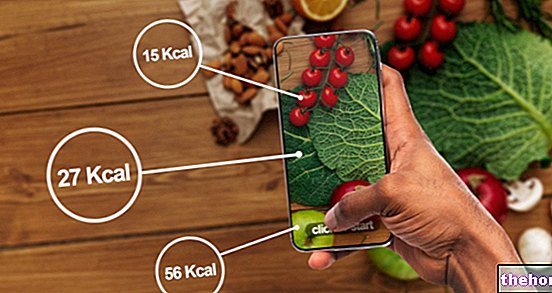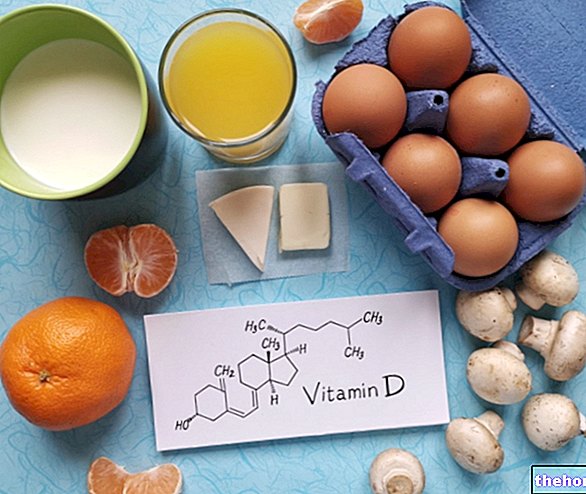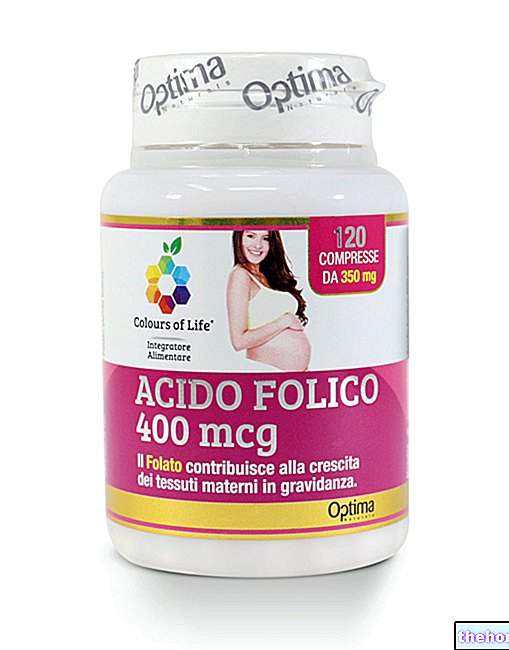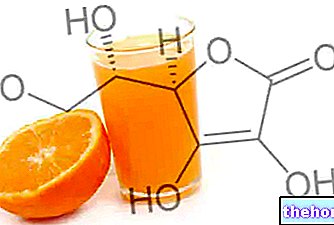What are Carotenoids
Carotenoids are plant pigments of a lipid nature, responsible for capturing light not absorbed by chlorophyll and that present in excess (they act as photoprotective agents).
Foods Rich in Carotenoids
Very abundant in nature, carotenoids are found in all parts of the plant, including fruits, seeds, leaves and roots. Man can thus take them through the regular consumption of plant foods; Pumpkin, carrot, watermelon, pepper, tomato, apricot and melon are particularly rich in it.It is interesting to note how the color of these foods, which covers the various shades of red, orange and yellow, is an irrefutable sign of the pigmenting activity of the carotenoids; the same can be appreciated in autumn, when the leaves they lose chlorophyll by acquiring the yellow-red hues of residual carotenoids, so it is no coincidence that these nutrients are also well represented in salads, parsley, cabbage and other green leafy vegetables.
Nutritional role
For many years the nutritional importance of carotenoids has been almost exclusively related to the ability to act as precursors of vitamin A (or retinol), a substance typical of the animal kingdom. It is indeed a very important characteristic, typical of some carotenoids and in particular way of B-carotene (in this specific case, to supply the body with 1 mg of retinol it takes about 6 of B-carotene, while for the other carotenoids the ratio is 12: 1). Alpha-carotene, on the other hand, generates vitamin A less easily than the Β form, but has an antioxidant activity greater than 38%; and it is precisely this protective activity that arouses the interest of researchers.
Carotenoids and health
In addition to the provitaminic function, in fact, it is necessary to underline how different carotenoids exert protective effects against various pathologies; all thanks to the neutralization of aggressive substances, the now sadly famous free radicals. These molecules are normally formed in the body, especially in response to stressful events, such as radiation, smoke, pollutants, exposure to UV rays, emotional and physical stress, chemical additives, attacks by viruses and bacteria, etc.

See also: Beta carotene - Lutein
Lycopene, for example, has for years been the subject of numerous researches aimed at studying its anticancer and antioxidant properties (which are 2 times higher than B-carotene). Another carotenoid, lutein, has been shown to be particularly effective in preventing age-related macular degeneration, a retinal disease that can lead to blindness. Furthermore, a "diet rich in carotenoids helps to protect the skin from solar radiation and to determine a more bronze complexion; not surprisingly, if the diet of an individual is excessively rich in carotenoids, the skin can take on a vaguely yellowish color, especially at the palmar and plantar level (in these cases we speak of carotenosis).
Supplements and Limits
Importance of a Varied and Balanced Diet
At this point, many readers may think they have found carotenoids as the key to achieving and maintaining full body health. But is it really correct to think that a lycopene pill and a little lutein are able to protect us from premature aging and cardiovascular disease, hindering hair loss, the appearance of wrinkles and various "diseases of well-being"? they are not exactly like this, because although the myth of the miracle pill is particularly attractive, it is quite naïve to think of reproducing in the laboratory the extraordinary complexity of nutrients present in a vegetable or a fresh fruit. Of course, a tablet that contains in the right quantities and proportions a mix of vitamins and antioxidants can represent a valid help, but certainly cannot replace the extraordinary complexity of micronutrients contained in certain foods, such as blueberry, grapes, papaya and citrus fruits (just think that in nature there are over 500 types of carotenoids) .
The old recommendation to consume a "wide variety of fresh fruit and vegetables every day therefore continues to remain perfectly in line with the latest scientific findings on human nutrition and nutrition.




























